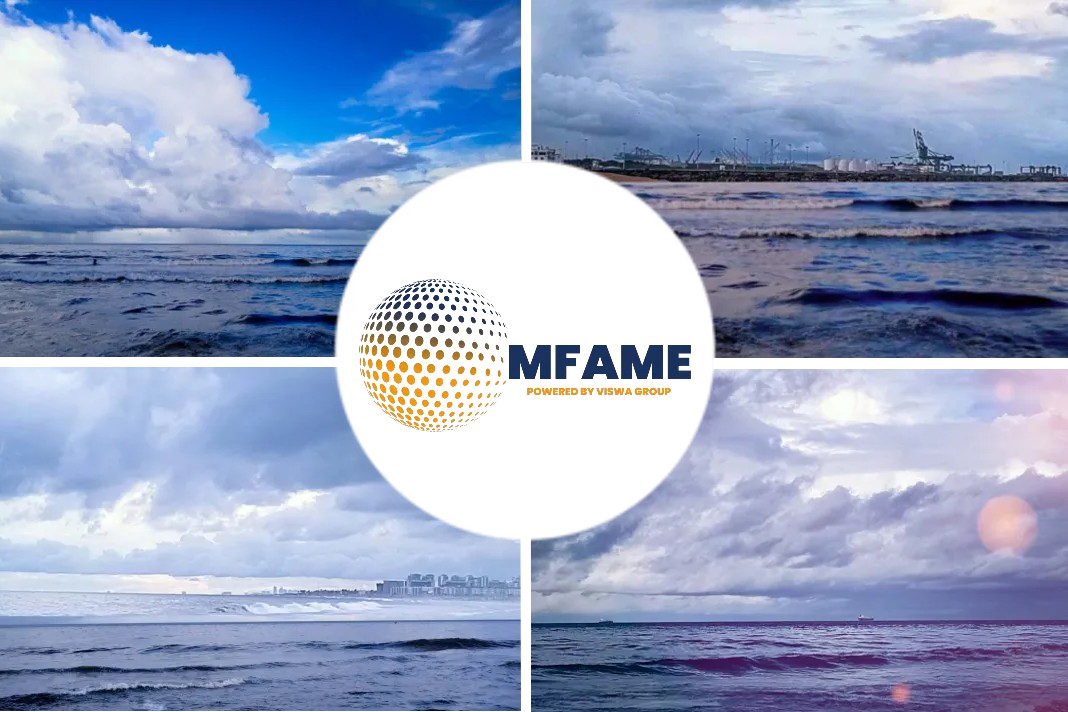- The SEA20 initiative calls for cities to join together to create sustainable infrastructure for the future through collaboration, smart planning and the best ideas from the marine, energy and digital sectors.
- SEA20 posits that marine cities can be a major force behind smart growth and provide an example for sustainable development.
- The initiative hopes to show, among other things, that increasing digitisation and optimising efficiency can produce results that benefit the economy and the environment.
With the release of a global analysis of maritime cities and industries, SEA20 aims to increase engagement among its members and set a course for practical steps, reads an article written by Lara McCoy for Wartsila.
SEA20: Marine cities join together for change
SEA20 launched with a ‘wake-up call’ to the world’s major marine cities to confront the challenges of a world where sea levels are rising, digitisation is challenging the status quo and geopolitical and social tensions are impacting the flow of trade.
The initiative calls for cities to join together to create sustainable infrastructure for the future through collaboration, smart planning and the best ideas from the marine, energy and digital sectors.
As SEA20 begins its second year, the initiative is turning to a study released at the end of 2019 to spur members to action. The analysis, entitled ‘Unleash Our Cities’, defines the key challenges facing the marine ecosystem and offers insight into how cities, maritime industries and ports can work together to solve them.
The study was conducted by Nordic West Office – a global affairs consultancy and think tank – and enabled by Wärtsilä.
The study examines the role of the three major players in the maritime ecosystem – industries, ports, and cities – through a process that involved extensive background research, a high-level meeting, in-depth individual interviews, and an online survey.
Ultimately, the report concludes that cities are in the best position to build bridges and push for system-level change.
“Although (cities) certainly feel pressure to compete for investments, talent and commerce, they are ultimately responsible for the broad concerns of their citizens. Cities are, therefore, ideally positioned to build bridges between other cities committed to tackling climate change,” the report concludes.
Awareness among stakeholders
The study was the latest step in the multi-year SEA20 effort to raise awareness among stakeholders in the maritime environment about the importance of their role in preserving the maritime ecosystem.
“The most important part of the movement over the past year has been to make societies understand how important a Smart Marine Ecosystem is for their future,” says Isabelle Thibault-Ahlström, Communications Manager at Wärtsilä Marine.
She added, “We feel that within the past year, there has been much more open and honest conversation and better collaboration throughout the whole value chain, including cities.”
The study reiterates the message that SEA20 has promoted since its inception: that global prosperity has been built on port cities, but sustainable future growth in the marine ecosystem is being held back by a lack of openness and cooperation among maritime jurisdictions and industrial players.
So far, eight jurisdictions have signed on to the project: the cities of Genoa, Hamburg, Helsinki, Luleå, Rotterdam, Trieste, and Vaasa, and the U.S. state of Washington. The goal of the organisers is to have 20 members on board.
Better together
The need for increased collaboration between and among cities and industry players was one of the topics highlighted in the study.
“There are so many industry stakeholders working independently (in silos) trying to achieve their own objectives, both at sea and on shore. This of course creates a barrier to progress,” says Thibault-Ahlström.
She said, “But if we can activate a process whereby all those stakeholders collaborate towards a shared objective, we can accelerate positive change.”
Just a beginning
Establishing some shared objectives was part of the motivation behind the study. In an appendix, the study identified several areas that could be a focus for these objectives. They include establishing leadership, making better use of technology, and sharing data.
“We need real-time communication networks, data enabled processes and decision making, connectivity across segments and industry verticals – we need to work together,” she says. “We believe we’ve made a start, but this is only the beginning.”
The next step for SEA20 is to create a set of principles that unite its members. The initiative plans to present a first draft of these principles in Fall 2020.
Did you subscribe to our daily newsletter?
It’s Free! Click here to Subscribe!
Source: Wartsila
















